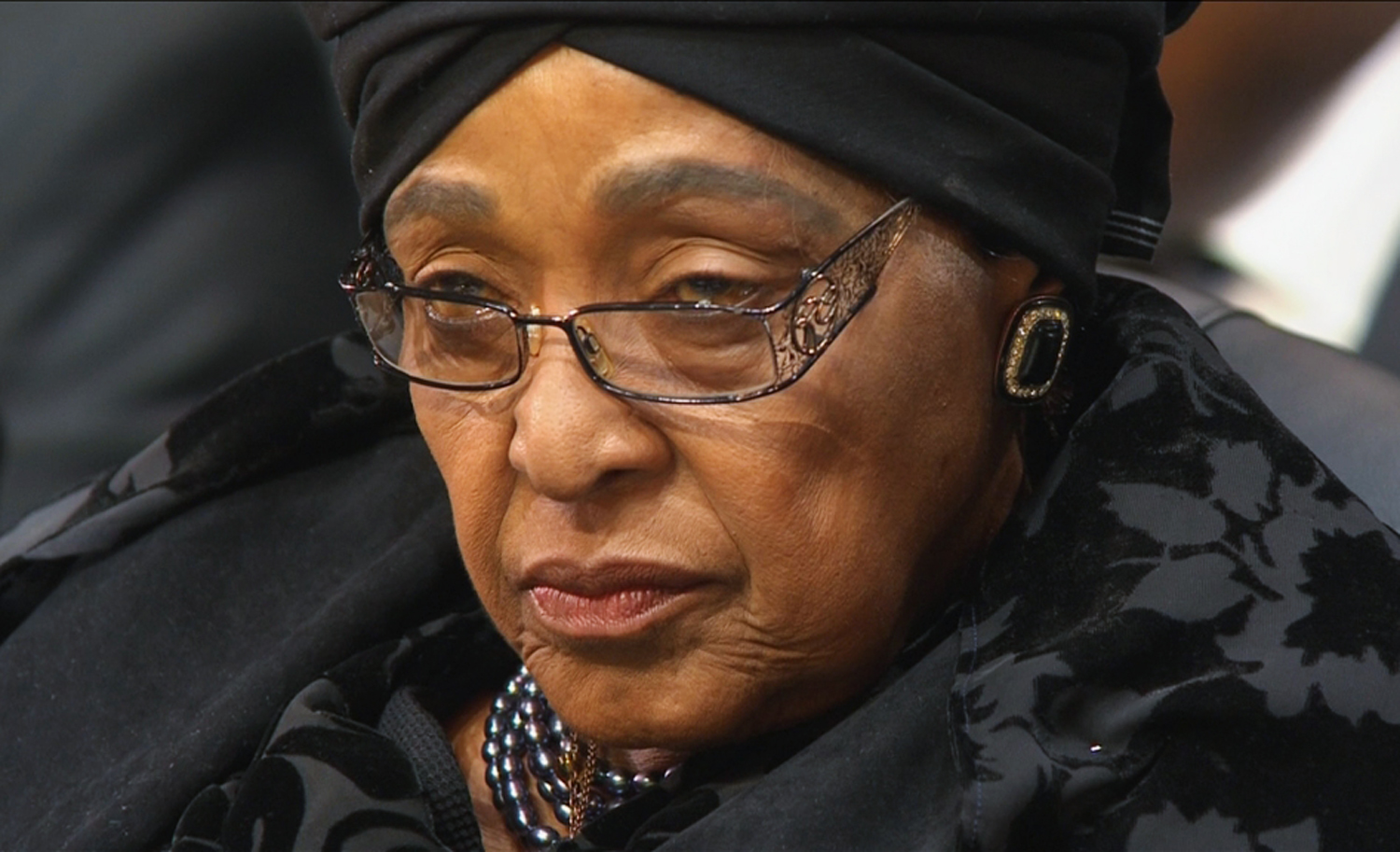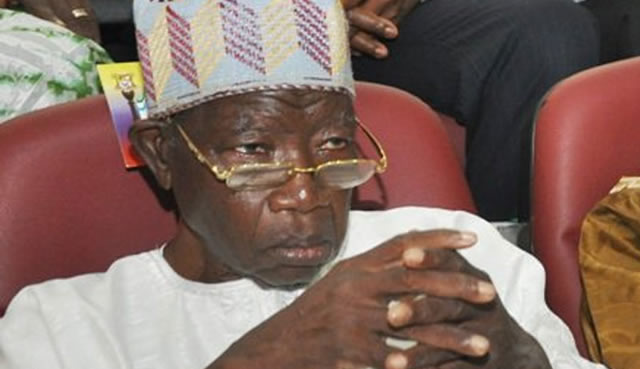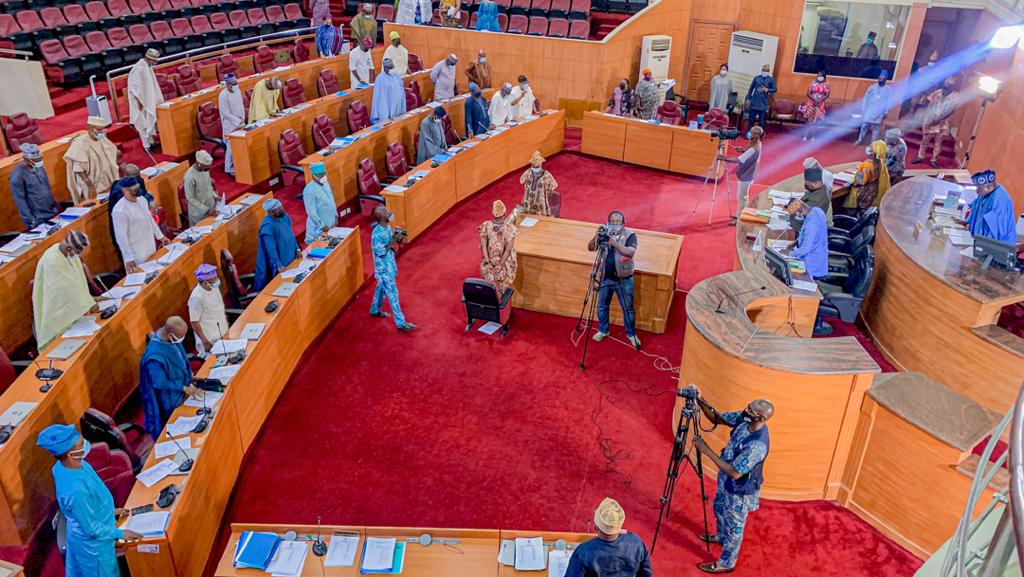
Nelson Mandela’s Ex-wife Winnie Dies At 81
Winnie Mandela, the ex-wife of South African anti-apartheid fighter and former president Nelson Mandela, died on Monday at the age of 81, her spokesman said.
She died in a Johannesburg hospital after a long illness, spokesman Victor Dlamini said in a statement.
Winnie Mandela, who was married to Nelson Mandela for 38 years, played a key part in the campaign to end white-minority rule but her place in history was also stained by controversy.
Born Nomzamo Winifred Zanyiwe Madikizela, and always known simply as “Winnie”, she was married to Nelson for 38 years — one of the most storied romances of modern history.
Most of their marriage was spent apart, with Nelson imprisoned for 27 years, leaving her to raise their two daughters alone and to keep alive his political dream under the repressive white-minority regime.
In 1990 the world watched when Nelson Mandela finally walked out of prison — hand in hand with Winnie.
But they separated just two years later and divorced in 1996 after a legal wrangle that revealed her affair with a young bodyguard.
With or without Nelson, Winnie built her own role as a tough, glamourous and outspoken black activist with a loyal grassroots following in the segregated townships.
“From every situation I have found myself in, you can read the political heat in the country,” she said in a biography.
Winnie was born September 26, 1936, in the village of Mbongweni in what is now Eastern Cape.
She completed university, a rarity for black women at the time, and became the first qualified social worker at Johannesburg’s Baragwanath Hospital.
It was her political awakening, especially her research work in Alexandra township on infant mortality, which found 10 deaths in every 1,000 births.
“I started to realise the abject poverty under which most people were forced to live, the appalling conditions created by the inequalities of the system,” she said.
Nelson Mandela, who was then married to his first wife, met Winnie at a bus stop in Soweto when she was 22.
They wed in June 1958, but he soon went underground, pursued by the apartheid authorities.
In October that year, Winnie was arrested for the first time at a protest by women against the pass system that restricted movements of black people in white-designated areas.
After Nelson was sentenced to life in prison in 1964, Winnie was also in and out of jail as the police hounded her in a bid to demoralise him.
Government security forces tortured her, tried locking her up, confined her to Johannesburg’s Soweto township, and then banished her to the desolate town of Brandfort, where her house was bombed twice.
She was allowed to visit her husband in prison rarely, and they were always divided by a glass screen.


